Category: Helpful Tips
-

8 Basic Steps in the Research Process
This comprehensive guide outlines the Basic Steps in the Research Process, providing structured, practical insights for conducting effective and well-organized academic research.
-

14 Common Mistakes in Writing an RRL and How to Avoid Them
The top 14 mistakes in writing a Review of Related Literature (RRL) and how to avoid them. Improve the structure, clarity, and credibility of your RRL for a stronger research foundation.
-

Difference between RRL and Theoretical Framework
In research papers, the Review of Related Literature (RRL) and Theoretical Framework (TF) are often confused. While both are vital, they serve different purposes. In this guide, we’ll clarify their roles and show you how to write each effectively.
-

Step-by-Step Guide: How to Write an RRL from Scratch
Learn how to write a comprehensive Review of Related Literature (RRL) from scratch with this easy-to-follow guide. Get key strategies for gathering, analyzing, and synthesizing relevant research to build a strong foundation for your study.
-

What Is the Importance of RRL in Research?
What Is the Importance of RRL in Research? The Review of Related Literature shapes your study, identifies gaps, and strengthens your methodology. Read more here.
-
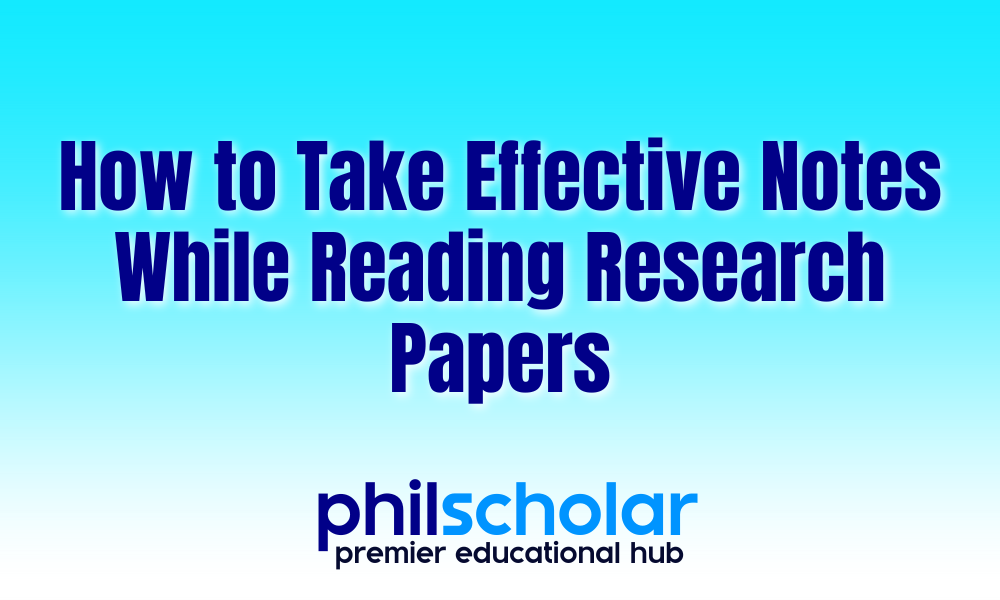
How to Take Effective Notes While Reading Research Papers
Master the art of taking effective notes while reading research papers with strategies that help you engage actively with the material, extract key insights, and stay organized for your literature review or thesis.
-
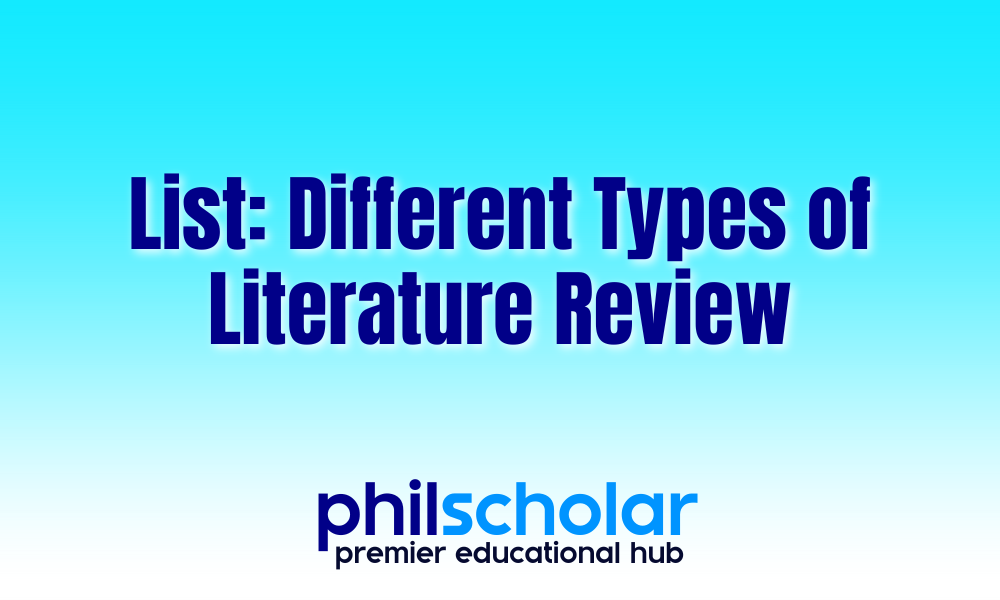
Different Types of Literature Review
“Choosing the right type of literature review is crucial for the success of your research. This guide explores the different types of literature reviews and their benefits, helping you select the most suitable approach based on your research goals, methodology, and time constraints.
-
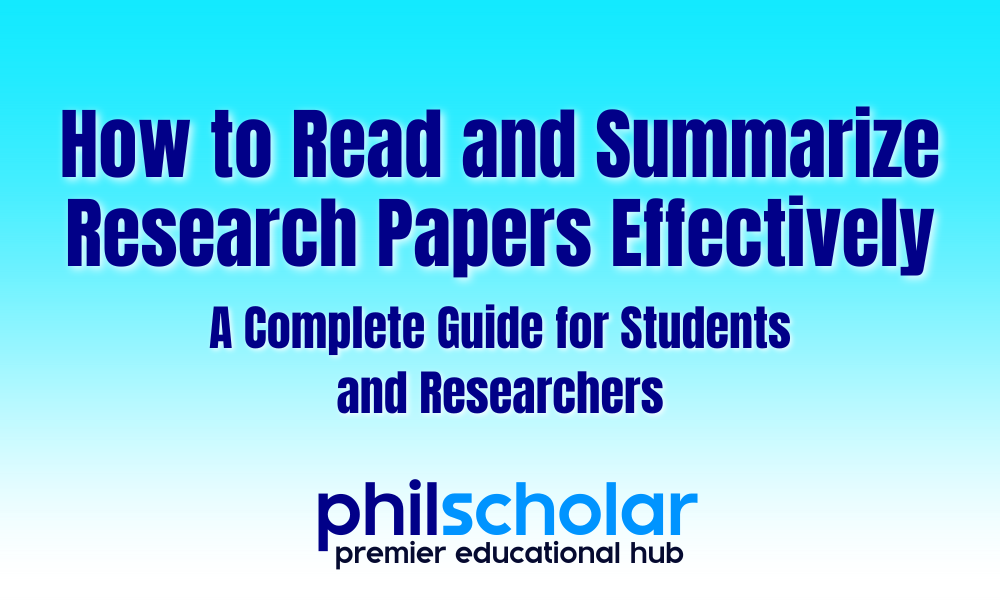
How to Read and Summarize Research Papers Effectively
Learn how to read and summarize research papers effectively with this comprehensive guide. Discover strategies for selecting, analyzing, and synthesizing academic articles, saving time, boosting understanding, and improving the quality of your research.
-
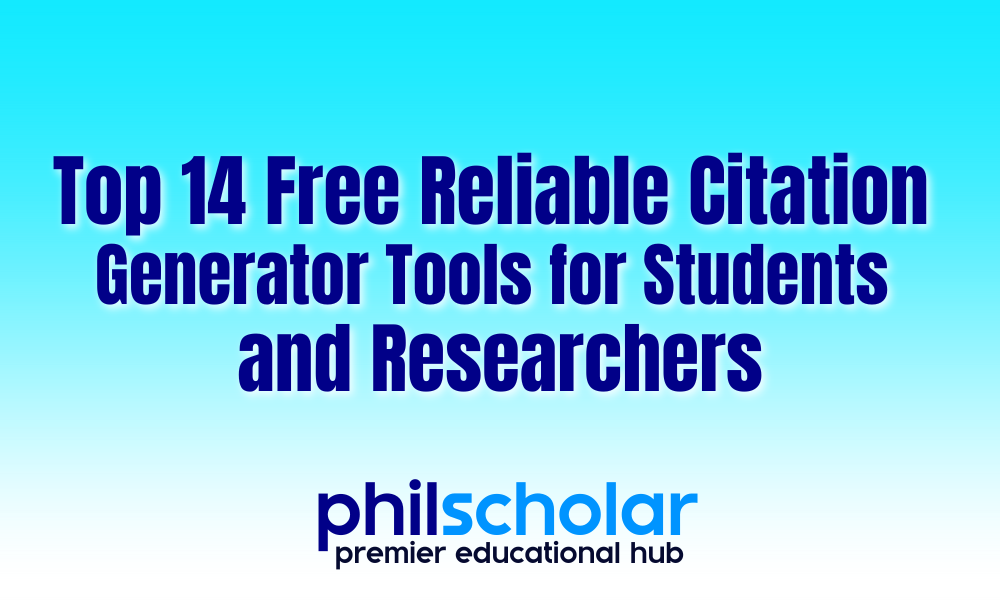
Top 14 Free Reliable Citation Generator Tools for Students and Researchers
14 free and trusted citation tools to help students and researchers save time, avoid plagiarism, and cite sources the right way. It also includes tips on how to pick the best tool and make sure your citations are correct.
-
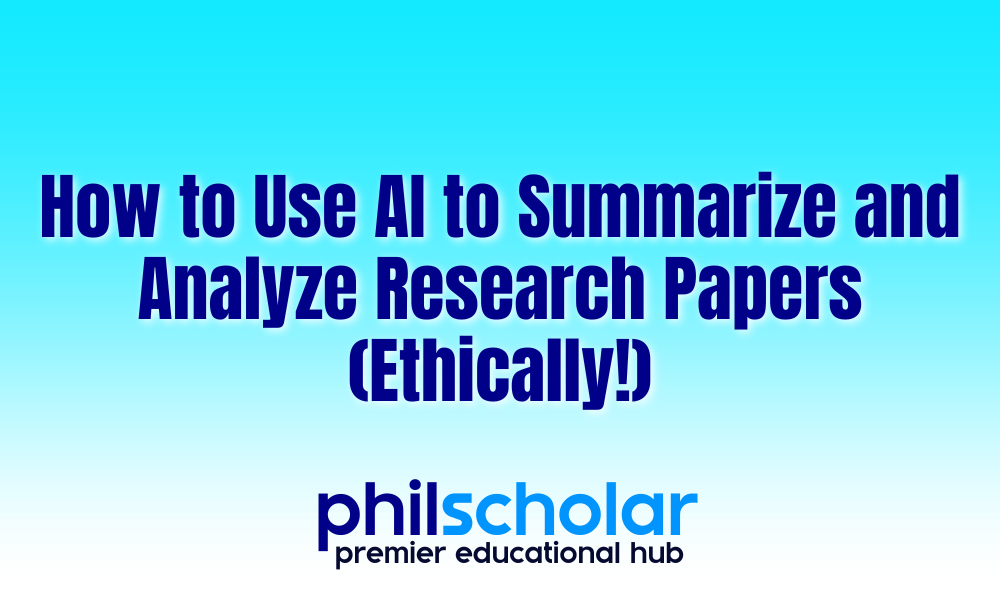
How to Use AI to Summarize and Analyze Research Papers (Ethically!)
Learn how to use AI to summarize and analyze research papers, improving efficiency and accuracy in academic research. This guide highlights the benefits, ethical considerations, and practical tips for utilizing AI tools to enhance your research process.
